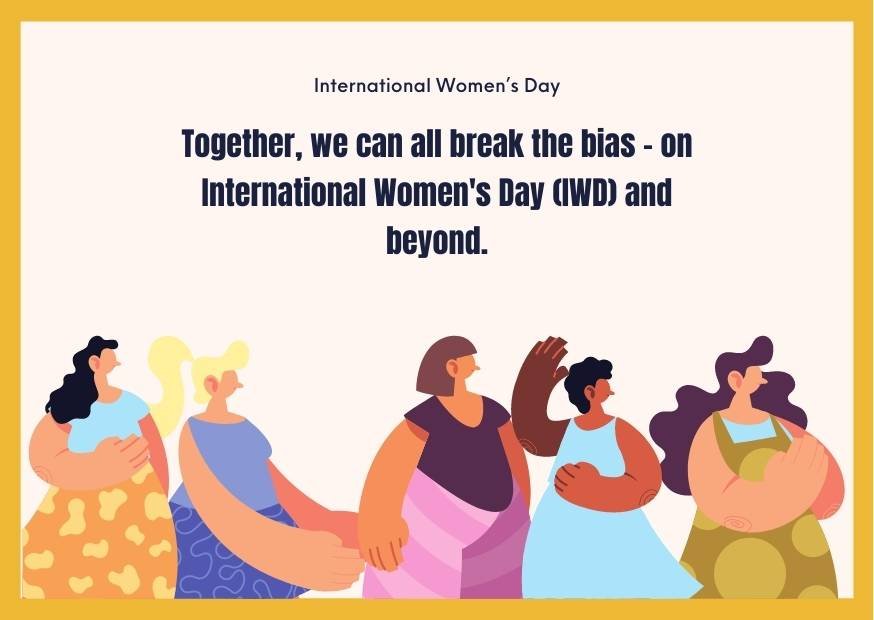Confirmation bias refers to the tendency to search for, interpret, prefer or recall information in a way which confirms one's beliefs and hypotheses while giving disproportionately less attention to information which contradicts it.The impact is greater for emotional issues as well as for beliefs that are deeply rooted. The evidence that is unambiguous can be taken as evidence that supports a person's existing position. Biased search and interpretation Memory and memory are all theories that can explain attitudes polarization (when disagreements become more extreme even after having similar evidence) and belief persistence (when beliefs persist despite being denied) as well as the irrational predominance results (a higher dependence on earlier information in a sequence) and illusory correlation (when people mistakenly believe there is a link between two events). The confirmation bias can lead to the belief that one is too confident in their the personal beliefs of individuals. They are also used to maintain or reinforce beliefs even in the face of contradictory evidence. These biases can lead to bad decisions in political and organizational contexts.
Tuesday, January 10, 2023
Subscribe to:
Post Comments (Atom)
Alice Eve
Eve has appeared on television dramas such as the BBC's The Rotters' Club, Agatha Christie's Poirot and Hawking and starred in...

-
Eve has appeared on television dramas such as the BBC's The Rotters' Club, Agatha Christie's Poirot and Hawking and starred in...
-
Pamela Denise Anderson (born July 1, 1967)is an actress from Canada and a model. Anderson is well-known for her glamour modeling work fo...
-
Kaley Christine Cuoco, born on November 30, 1985; was born November 30 1985. ([1]) is an American actress. After a number of television ...

No comments:
Post a Comment